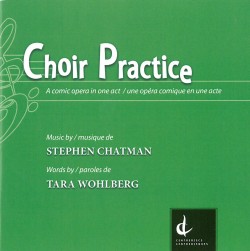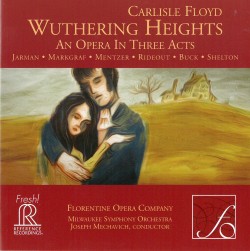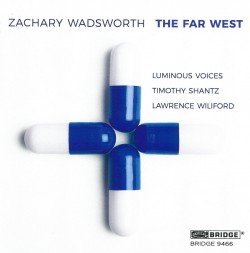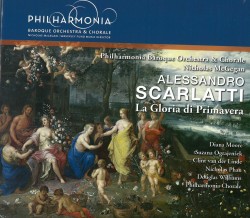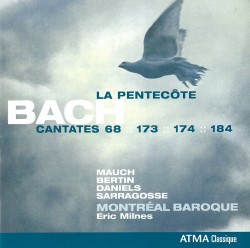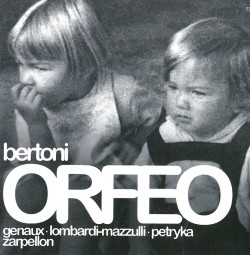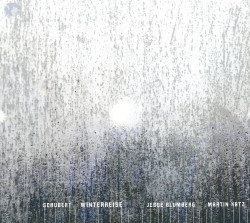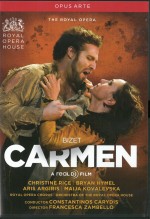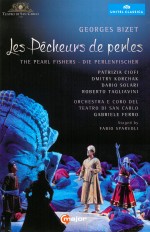Walter Braunfels: Lieder/Songs - Marlis Petersen; Konrad Jarnot; Eric Schneider
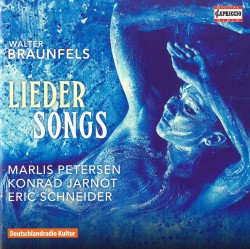 Walter Braunfels – Lieder/Songs
Walter Braunfels – Lieder/Songs
Marlis Petersen; Konrad Jarnot; Eric Schneider
Capriccio C5251
Walter Braunfels was a highly esteemed composer of operas between the two world wars and was later renowned for his religious choral music. Yet owing to his ancestry (his grandfather had been born Jewish) Braunfels ultimately had the misfortune of having his professional career terminated and his music marked as “degenerate“ by the Nazis. Adding insult to injury, his late Romantic style fell into disfavour after World War II, a time when modernism was gaining a much stronger foothold.
Hence, this disc of his complete lieder featuring baritone Konrad Jarnot and mezzo-soprano Marlis Petersen with pianist Eric Schneider on the Capriccio label is a worthy means of righting past injustices. Braunfels had little interest in solo vocal music during his later years, so the works on this recording are all from the early part of his career, spanning a 30-year period from 1902 onwards.
Staring off with the set of Sechs Gesänge Op.1, Jarnot offers a compelling and sensitive performance of these dark and brooding miniatures. Indeed, the term “miniature” seems to apply to most of the songs on this CD; only one reaches the four-minute mark while several are under a minute in length. Despite their brevity, these works are a wonderful study in contrasts. Petersen’s lyrical performance of the two versions of the Federspiel suites, each song a musical depiction of a bird, from the common nightingale to the more exotic wagtail – is all lightness and charm. Not surprisingly, certain songs exhibit influences of other composers, most noticeably Richard Strauss in the lushly romantic Herbstgefühl – and is that a bit of Brahms in Abbitte from the Lieder Op.4?
Throughout the disc, Schneider handles the elegant piano writing with much finesse.
While this CD may not feature the best of Braunfels’ music nor be the most ideal introduction, it does provide a degree of exposure to a composer whose music most decidedly warrants greater recognition.


